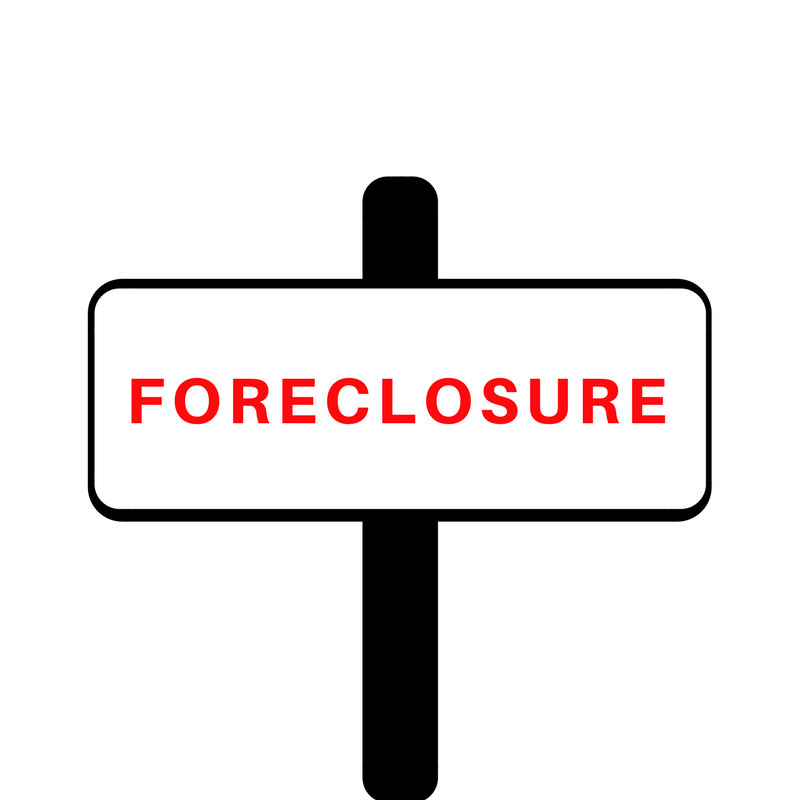5 Strategies to Avoid Foreclosure

Anyone that has ever struggled to meet their monthly mortgage payments knows the fear of foreclosure. Missing multiple payments in a row will result in a lender providing a Notice of Default letter which warns a homeowner they are in danger of losing their home.
While it may feel hopeless, there are still some options to consider. Do not give up and let the bank foreclose on the property. Instead, consider using one of these five strategies to avoid it.
Talk It Out
The most common problem with foreclosure is that homeowners do not want to talk to their lender. Whether they are scared, embarrassed, or simply think they will not work with them, they avoid a conversation with the lender until it is too late.
The sooner a borrower talks to their lender, the better. No bank wants to go through the foreclosure process. They are much more likely to figure out a payment plan or restructure a loan to help a homeowner avoid foreclosure.
Sell the House
A homeowner that does not mind moving out of the house is better off to sell it than to let it be foreclosed on. Foreclosure is going to stay on a credit score for a long time. It also hurts a person’s chances of buying another home. Selling gives the homeowner a way out of a bad financial situation without the bank needing to foreclose.
When foreclosure is in sight the homeowner must ask the bank if they are willing to accept a short sale. This typically means a home buyer will buy the house for a lower amount than the market value. At the same time, it ends up covering most of what the original owner owed on their mortgage.
The bank is going to foreclose on the house and then attempt to sell it directly afterward so they are likely to accept a short sale to avoid the hassle of finding a buyer.
If you find yourself in this situation, contact us today. Our team specializes in working with distressed home sellers. We can make a cash offer and help get you in a better situation. Call us to learn more.
Declaring Bankruptcy
An option for someone who has many financial problems to figure out is using bankruptcy to get back on their feet. Bankruptcy does not make the old debts go away. Instead, once a bankruptcy is filed the law stops any debt collectors from pursuing money.
A homeowner facing foreclosure can declare bankruptcy to find some time to figure out their financial situation without losing their house. But this is more of a bandaid than a real fix.
Even though someone has declared bankruptcy they will still need to pay back their debts. It just provides more time for them to find new employment to pay for their delinquent debts. The companies that hold the debts have to work with the borrower to allow them to try to pay back the debts.
Signing a Deed in Lieu
Using a deed in lieu is not far off from simply allowing a foreclosure to happen. It occurs if a homeowner signs their deed to the home facing foreclosure over to the bank. While willingly foreclosing on a house sounds like a good option for someone that is out of options, it still affects a person’s credit in the same way a foreclosure does. It just speeds up the process if the lender will agree to the process.
Many lenders do not want to accept using a deed in lieu as an option. With this deal, they are then responsible for any second mortgages or home equity lines of credit. Plus, many people start the process or even complete it and do not truly understand what it means. They then come back later to claim the bank did not sufficiently explain what would happen to their credit.
Allowing Someone to Lease or Assume the Loan
When leasing out a house that is facing foreclosure it is important to make the rent from the tenant be enough to cover the costs of the home. This includes the monthly mortgage payment, taxes, and insurance payments. The homeowner has to pay for themselves to have other housing and this allows them to lease their home to another tenant that can afford the monthly mortgage payments. Many buyers lease until they get their own credit up enough to qualify for a loan to purchase the house.
Assumption is not an option that is used often. Many lenders have stopped allowing this to happen by having a due on sale clause that says the borrower must pay the loan off if they transfer the property to a new owner. Some lenders will allow loans to be modified to allow for assumption but homeowners need to talk to their lender to see what clauses their loan has attached.